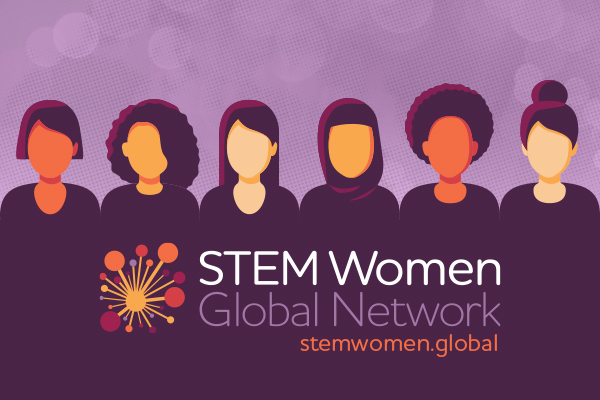
Saima Shabbir
Professor (Tenured)
Institute of Space Technology
This profile has been endorsed by The Pakistan Academy of Sciences
Contact me for
- Mentoring
- Sitting on boards or committees
- Providing an expert opinion
- Outreach activities
- Conference presenting
- Opportunities to collaborate
Biography
Dr. Shabbir is working as a Professor in the Department of Materials Science and Engineering at Institute of Space Technology and was a Fulbright Postdoctoral Fellow at Pennsylvania State University, USA. She has many international publications in renowned peer reviewed ISI indexed Journals and was selected in a competition among young scientists worldwide to participate in the Nobel Laureates Meeting (2006) held in Lindau, Germany. Dr. Shabbir was a recipient of Early Career Scientist Award from the Royal Society (UK) and was conferred the Research Productivity Award for two consecutive years, 2011 and 2012, by the Pakistan Council for Science and Technology. Besides, winning three research grants from Higher Education Commission of Pakistan, she was also honored as the Affiliate Fellow of the International Union of Pure and Applied Chemistry (IUPAC, USA). She is the only Pakistani to be honored, by IUPAC, with the award of an element in the historic Periodic Table of Younger Chemists. A recipient of Excellence in Research Award from the New York Academy of Sciences (NYAS, USA), she was approved as Full Member of OWSD under The World Academy of Sciences (TWAS, Italy). She was selected as TechWomen Emerging Leader and completed her mentorship project at Draper University in Silicon Valley. Dr. Shabbir is a Publons verified reviewer for many international journals and supervises research projects at BS, MS and PhD levels and has volunteered for outreach activities with AuthorAID, Commonwealth, NYAS and British Council. Dr. Shabbir along with her team of five women from Pakistan won a seed grant in Silicon Valley to pilot “STEM for Change”. It is an impact and outreach community that endeavors to address Pakistan’s severe gender inequality, in STEM careers and leadership, by working towards inclusive quality STEM education for girls in Pakistan.

 Country pages
Country pages
 Contact
Contact